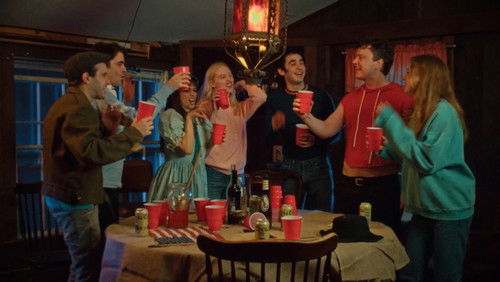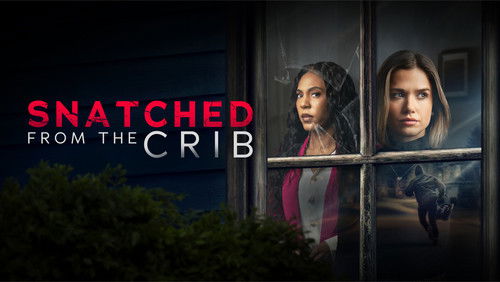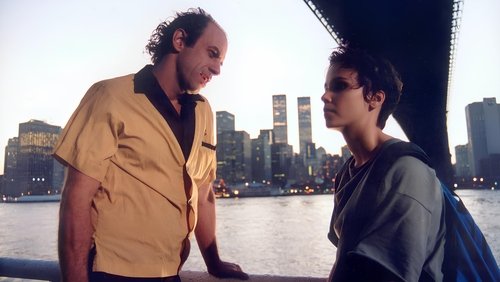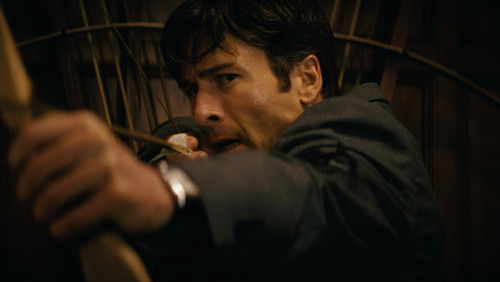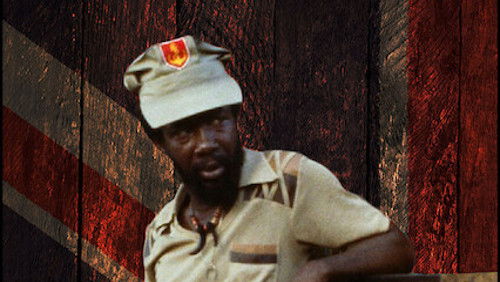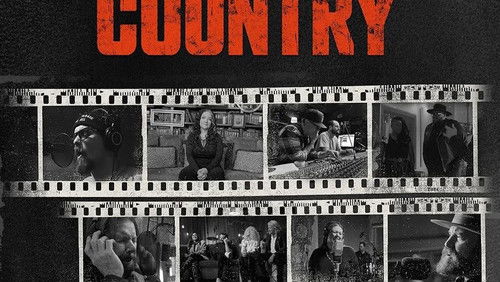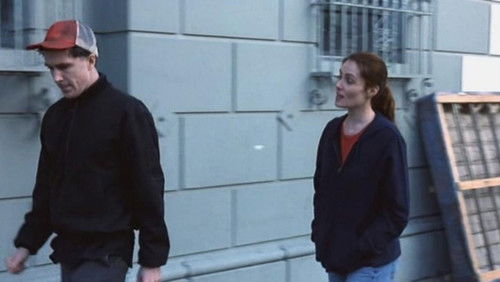The Man Who Had Power Over Women (1970)
21KThe Man Who Had Power Over Women (1970). 1h 29m | R
“They donu0026#39;t make rugged, charming actors like Australian Rod Taylor anymore. They certainly donu0026#39;t make rugged, charming actors with a sense of humor like Australian Rod Taylor anymore either. Todayu0026#39;s Australian Russell Crowe certainly doesnu0026#39;t hold a candle to Rodu0026#39;s easygoing nature and natural characterizations onscreen. Mr. Taylor was the real deal, a guy who was very comfortable with their persona, with their onscreen presence, an actor who could breathe reality, and not u0026quot;actingu0026quot; technique into a main character. A guy who, if he gave off a macho veneer, didnu0026#39;t turn to the camera and practically announce heu0026#39;s a macho stud. He just is, camera or no camera. No effort.u003cbr/u003eu003cbr/u003eWhich brings us to u0026quot;The Man Who Had Power Over Women.u0026quot; Yes, itu0026#39;s a dated sex comedy. Of course, the fashions and the decor are wonderfully seventiesu0026#39; kitsch. Sure, it has horrible tunes for the u0026quot;rocku0026quot; artist sensation whom Tayloru0026#39;s character represents to warble. But the script, the acting, and the presentation is surehanded, and dare I say, more mature than a lot of what passes for introspective sex fares onscreen today.u003cbr/u003eu003cbr/u003eTaylor is a swaggering representative at a hot record company whose main task at hand is to appease the labelu0026#39;s latest rock sensation Barry Black (fabulously played to the obnoxious hilt by Clive Francis). But this is just a backdrop to the main focus of the insightful script by Chris Bryant and Allan Scott (future Nicholas Roeg scribblers and then some!). For Rod is being dumped by his high society wife and facing a mid-life scenario of swimming in the dating pool once again. Problem is, he never left the dating pool while he was married. So, when he falls for his best friendu0026#39;s wife, the matter is given wonderfully adult dialogue, mature nuance, and frank exposition, as Rod discovers who he really is becoming. Carol White as the best friendu0026#39;s wife, James Booth as the best friend, and the always-reliable presence of Alexandra Stewart as the insatiably-sexed single friend of all three, present this bed rotisserie setup with appealing and refreshing honesty that is welcome and now seriously lacking in these politically correct and politically repressed times.u003cbr/u003eu003cbr/u003eThe dialogue is natural, filled with wonderful asides and quickwitted observations. While the story is certainly nothing new, as are the plot developments, itu0026#39;s the acting and the crisp characterizations that give this film its fanciful verve. And paramount to the entire presentation is Tayloru0026#39;s wonderfully assured and mature performance. Watch the two pros, Taylor and Stewart, go back to her houseboat for a little tryst, and youu0026#39;ll be in agreement that there is nothing exploitative or remotely Adrian Lyne-manipulated in this setup. They both behave like the two adults they are, comfortable in what they are about to do, and with no schoolboy leering or directoru0026#39;s nervous veering from their matter of fact lust.u003cbr/u003eu003cbr/u003eFor a very quick dip (89 minutes) into a time where plastic cubes represented the hippest of furniture and human interaction wasnu0026#39;t didatically-crafted in anxiously-skittish edits, check out u0026quot;The Man Who Had Power Over Women.u0026quot; My rating: 2 1/2 stars out of 4.”

